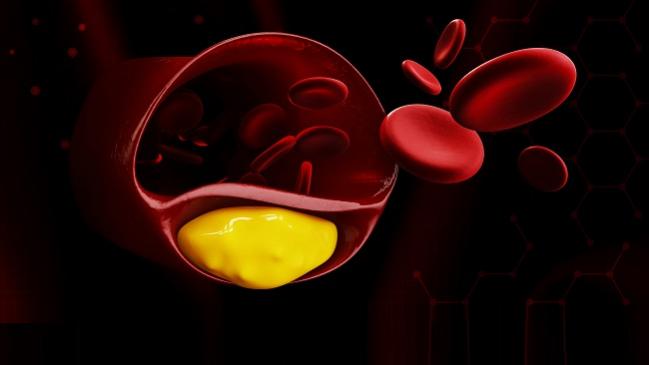Final Phase III Bempedoic Acid Trial Proves Positive for LDL-Lowering
New topline results represent the final piece of a four-part pivotal trial program. A new drug application to the FDA is expected next year.

Once-a-day bempedoic acid, compared with placebo, effectively reduces LDL cholesterol on top of maximally tolerated statins in patients with atherosclerotic cardiovascular disease (ASCVD) and/or heterozygous familial hypercholesterolemia at 12 weeks, according to topline results from a pivotal trial released over the weekend. The drug showed no signal of adverse events and also significantly reduced high-sensitivity C-reactive protein (hsCRP) levels.
Bempedoic acid is a first-in-class, oral ATP citrate lyase (ACL) inhibitor that reduces cholesterol biosynthesis and lowers LDL cholesterol by upregulating the LDL receptor, according to Esperion, the drug’s manufacturer.
The results represent the fourth and final topline findings to be released by the trial sponsor as part of its phase III program made up of a quartet of randomized, double-blind, placebo-controlled studies evaluating the efficacy, safety, and tolerability of LDL-lowering using 180 mg of bempedoic acid. This final trial enrolled 779 high-cardiovascular-risk patients at 93 sites in North America and Europe.
Prior results from the program were released earlier this year.
According to the findings released Sunday, bempedoic acid in this fourth study (“Study 2”) reduced LDL cholesterol—the primary efficacy endpoint—at 12 weeks by an additional 18% in the intention-to-treat analysis and by 17% in an “on-treatment” analysis (P < 0.001 vs placebo for both). Bempedoic acid also was associated with a 19% reduction in hsCRP and, in patients with diabetes, a reduction in hemoglobin A1c.
A press release summarizing those results also points to reductions in MACE at 52 weeks according to different definitions, although no P values were provided. No “clinically relevant” differences were seen between bempedoic acid- and placebo-treated patients in adverse events (70% vs 71%), serious adverse events (20% vs 19%), or discontinuations due to adverse events (11% vs 9%) at 52 weeks.
A separate press release issued by the drugmaker highlights the consistency of drug effects across the four phase III trials representing more than 3,600 patients. The company expects to submit a new drug application to the US Food and Drug Administration in early 2019.
Shelley Wood was the Editor-in-Chief of TCTMD and the Editorial Director at the Cardiovascular Research Foundation (CRF) from October 2015…
Read Full BioSources
Esperion. Esperion announces positive top-line results from final pivotal phase 3 study of bempedoic acid. Published on: October 28, 2018. Accessed on: October 29, 2018.


Comments